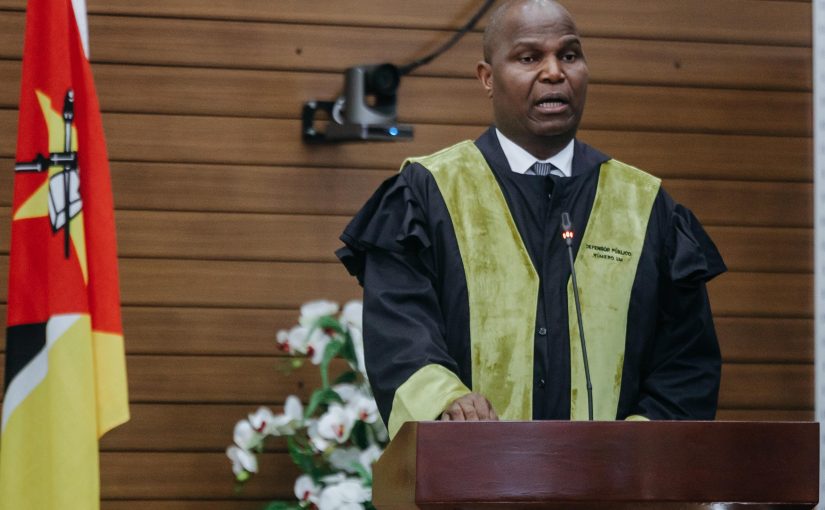Mozambique: CDD accuses government of refusing to legalize Union of Agricultural Extension Workers
Mozambique: Legal aid is “an instrument for the promotion of dignity”

Photo: Presidency
Mozambican President Daniel Chapo said on Wednesday that legal aid for the poorest citizens is “an instrument for the promotion of human dignity, equality of opportunities, and consolidation of the rule of law”.
Speaking at the opening in Maputo of an international conference on access to justice and human rights, Chapo said the right to legal aid “must not be seen as a merely symbolic measure, but as a constitutional guarantee essential to achieving justice, and as an essential condition for the protection and effective exercise of the fundamental rights of the Mozambican people”.
“What brings us together”, he continued, “is the common commitment to broad and universal access to justice, in order to drive peace, socio-economic development and social inclusion”.
Chapo stressed that Mozambique’s National Development Strategy regards as a priority for the country’s security “solid institutions, the protection of human rights, the promotion of peace, social cohesion and guarantees of access to justice”.
The current conference, he added, “reaffirms the government’s commitment to working for access to justice”. The government’s target, under the state budget for this year, is to provide legal aid for more than 295,000 citizens.
Under the Mozambican constitution, he added, access to justice “seeks to prevent any division of citizens on economic, social, cultural, or any other grounds”. Any state based on the rule of law “must promote human rights in order to ensure human dignity”.
Chapo stressed that Mozambican citizens should find in the country’s Legal Aid Institute (IPAJ) “the honour and good faith of an institution dedicated to serving them, guaranteeing their defence, dignity and trust in the justice system”.
Challenges faced by IPAJ, he added, include “support for the victims of terrorism and for displaced people, mainly in the northern districts of Cabo Delgado province in situations where human rights are frequently endangered”.
Since the right to legal aid is fundamental, he said, “it is important that the State should possess a robust institution, which possesses a broad framework of skills, guarantees and prerogatives, in order to provide legal aid to poor citizens”.
The law establishing IPAJ, Chapo insisted, must therefore be modernised and amended “so that IPAJ does not become confused with the private practice of law”.












Leave a Reply
Be the First to Comment!
You must be logged in to post a comment.
You must be logged in to post a comment.